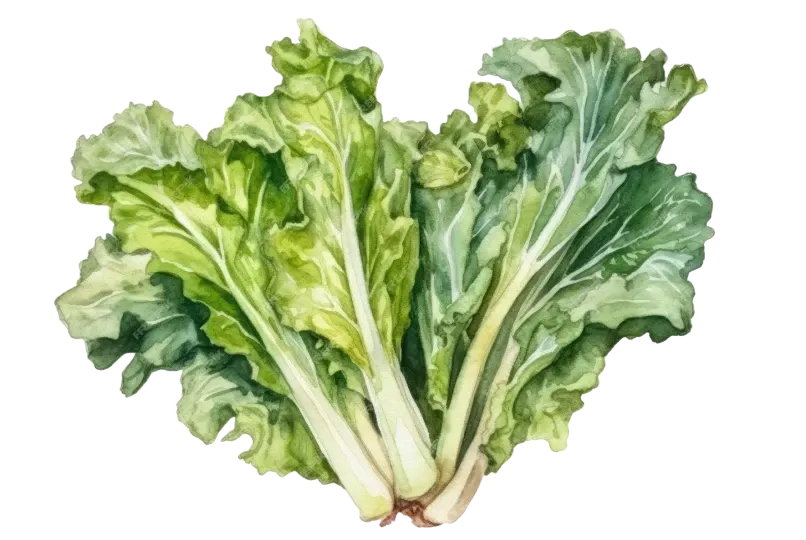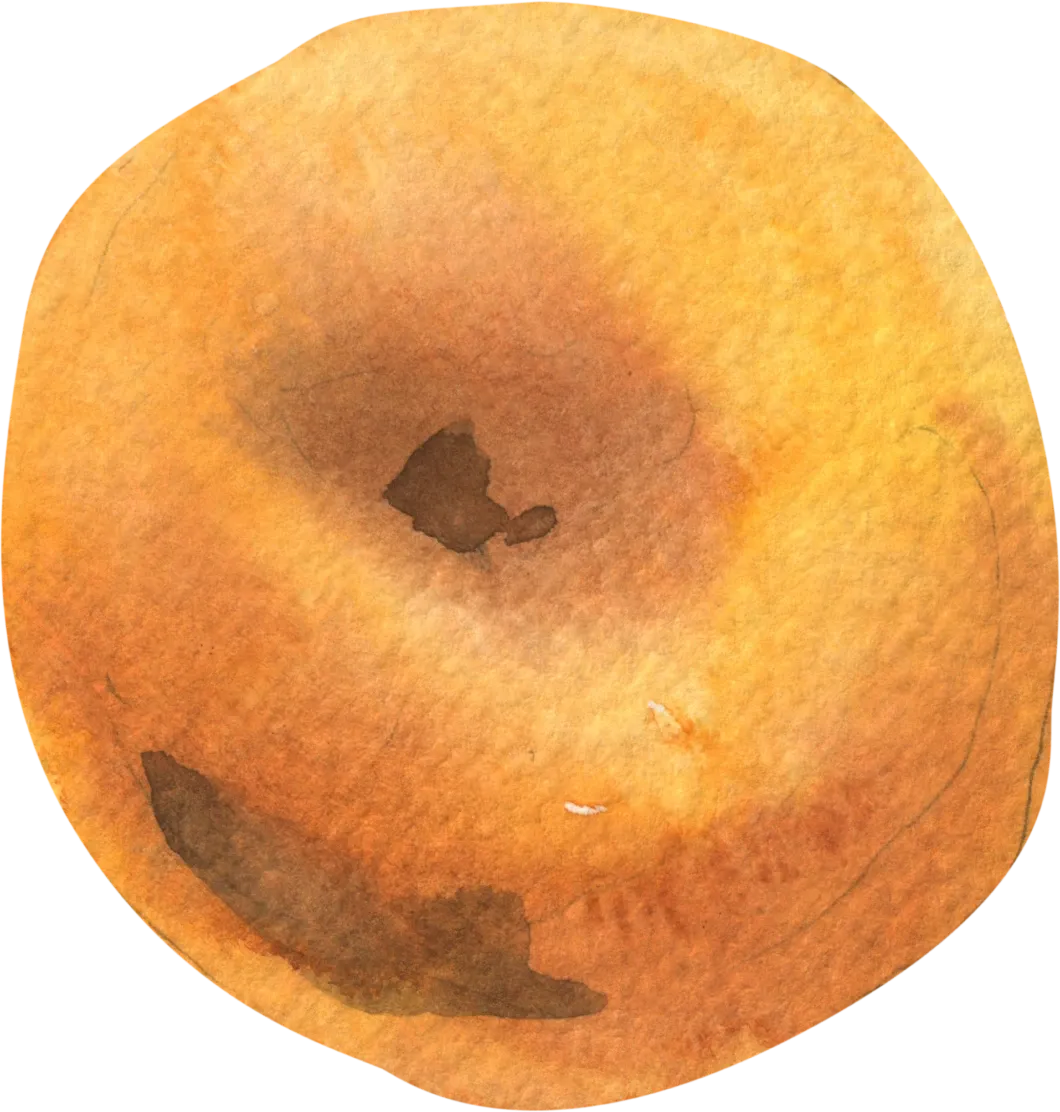The Health Benefits of Escarole: A Mild and Nutrient-Dense Leafy Green
Introduction
Escarole, a member of the chicory family, is a leafy green known for its mild, slightly bitter flavor. Often used in salads, soups, and sautés, escarole is a versatile vegetable that can be enjoyed raw or cooked. Rich in essential vitamins, minerals, and antioxidants, escarole offers a wide range of health benefits that make it a nutritious addition to any diet.
Health Benefits of Escarole
- Supports Digestive Health
Escarole is rich in dietary fiber, which aids in digestion by promoting regular bowel movements and supporting gut health. The fiber in escarole also helps prevent constipation and reduces bloating, making it a great addition to a digestive-friendly diet.
- Boosts Immune Function
Escarole contains significant amounts of vitamin C, an antioxidant that helps boost immune function. Consuming vitamin C-rich foods like escarole can strengthen the body’s defenses against infections and promote faster recovery from illnesses.
- Supports Bone Health
Escarole is an excellent source of vitamin K, which plays a key role in maintaining bone health. Vitamin K aids in calcium absorption, supporting bone mineralization and reducing the risk of osteoporosis and fractures.
- Rich in Antioxidants
Escarole is loaded with antioxidants, including vitamins A and C, which help protect cells from oxidative stress. These antioxidants reduce inflammation and may lower the risk of chronic diseases such as heart disease and cancer.
- Aids in Weight Management
Low in calories and high in fiber, escarole is a filling yet light food that supports weight management. Its fiber content promotes fullness, helping to reduce overeating and snacking on less nutritious foods.
Creative Ways to Enjoy Escarole
Escarole’s mild, slightly bitter flavor makes it a versatile addition to many dishes:
- In Salads: Use escarole as a base for salads, combining it with sweet ingredients like apples, nuts, and vinaigrettes to balance its slight bitterness.
- In Soups: Add chopped escarole to soups, such as Italian wedding soup, for a tender, flavorful green that complements hearty broths.
- Sautéed: Sauté escarole with garlic, olive oil, and lemon for a simple, nutritious side dish.
- In Pasta: Toss sautéed escarole into pasta with Parmesan and pine nuts for a light, flavorful meal.
- In Smoothies: Blend escarole into green smoothies for a mild, nutrient-packed addition without overpowering the flavor.
Conclusion
Escarole is more than just a leafy green—it’s a nutrient-dense vegetable packed with essential vitamins, fiber, and antioxidants. From promoting digestive health and boosting the immune system to supporting bone strength and aiding in weight management, escarole is a valuable addition to any healthy diet. Whether used in salads, soups, or sautéed dishes, escarole’s mild flavor and versatility make it an easy and delicious way to enhance your meals.
FAQs About Escarole
- Is escarole good for weight loss?
Yes, escarole is low in calories and high in fiber, making it a filling and nutritious option for weight management.
- How should I store escarole?
Store escarole in the refrigerator, wrapped in a damp paper towel or in a plastic bag. It will stay fresh for up to a week.
- Does escarole lose nutrients when cooked?
Escarole retains most of its nutrients when lightly sautéed or added to soups. However, boiling for extended periods may reduce its vitamin C content.
- Is escarole AIP diet compliant?
Yes, escarole is compliant with the AIP diet and can be safely consumed by individuals following the autoimmune protocol.
- Is escarole Low-FODMAP?
Yes, escarole is considered Low-FODMAP and is safe for individuals with digestive sensitivities.
- Is escarole Low Histamine?
Escarole is generally considered low in histamine and is well-tolerated by individuals with histamine intolerance.
- Is escarole Keto-friendly?
Yes, escarole is keto-friendly due to its low carbohydrate content, making it a great addition to low-carb and ketogenic meals.
Recipes
Check out our meal planning service by following these recipes:









